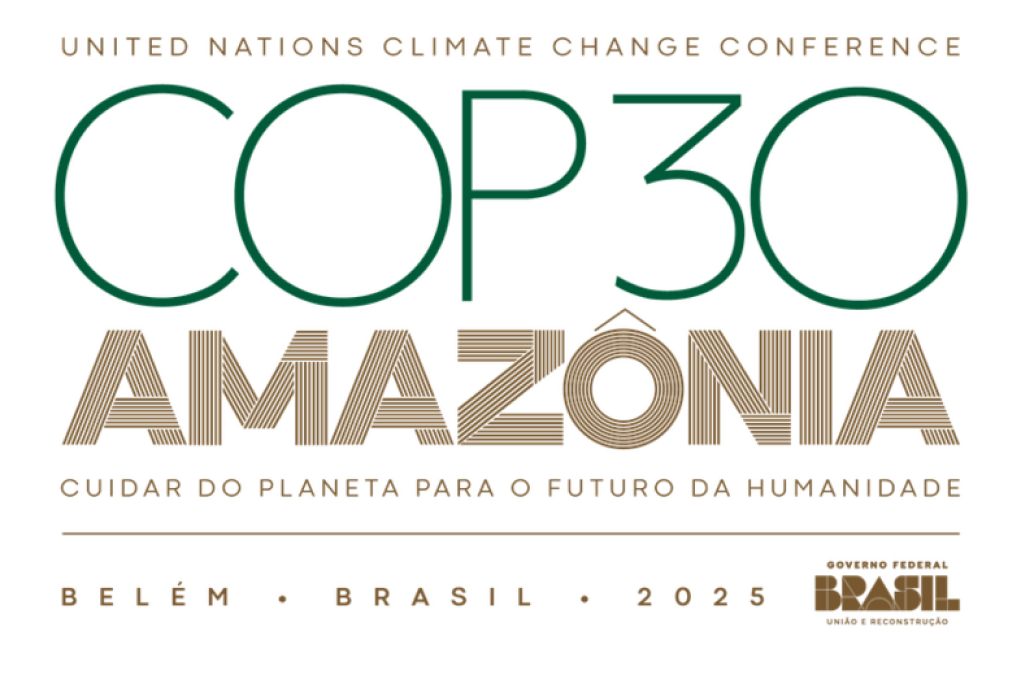
Produkteinführung, Testversion, POCs, Unternehmensangebot, Support und mehr. Sprechen Sie mit einem unserer Spezialisten.


Produkteinführung, Testversion, POCs, Unternehmensangebot, Support und mehr. Sprechen Sie mit einem unserer Spezialisten.

Policy and industry News

Indonesia is gearing up for the 30th United Nations Climate Change Conference (COP30), which will take place from November 10–21, 2025, in Belém, Brazil. This global event serves as an important forum to shape the world’s climate policy direction.
Deputy Minister of Environment Diaz Hendropriyono led the Kick-Off meeting for the preparation of the Indonesian delegation along with ministries, state institutions, development partners, and international organizations at the end of August 2025 in Jakarta. The meeting marked the starting point for formulating strategies to ensure Indonesia presents a strong and unified stance in bringing forward its priority issues at the international stage.
COP or Conference of the Parties is a forum under the UNFCCC (United Nations Framework Convention on Climate Change). Member countries discuss global efforts to limit global warming to 1.5–2°C above pre-industrial levels.
In addition to emission reduction, the forum also covers climate adaptation, financing, technology transfer, and carbon trading. For Indonesia, COP is a strategic opportunity to demonstrate leadership, given its vast tropical forests, rich marine resources, and large potential for renewable energy.
In his remarks, Deputy Minister Diaz highlighted a longstanding issue: climate finance from developed countries. Since 2009, they have pledged to provide 100 billion US dollars annually to help developing nations. However, to this day, that promise has not been fully realized.
In the latest agenda, the New Collective Quantified Goals (NCQG), the financing target has even increased to 1.3 trillion dollars per year. Unfortunately, real commitments currently stand at only around 300 billion dollars. “There are still many promises without realization. Indonesia must push to ensure that this target is truly achieved,” said Diaz.
Beyond financing, Indonesia seeks to maximize opportunities in carbon trading. The Indonesian Pavilion at COP30 will serve as a showcase for diplomacy and a space for promoting concrete partnerships.
Some cooperation opportunities currently being explored include:
To enhance competitiveness, Indonesia is also using international standards such as Gold Standard (GS) and Verra, ensuring that national carbon credits are more widely accepted in the global market.
Deputy Minister Diaz emphasized that climate diplomacy is not solely the responsibility of the Ministry of Environment and Forestry (KLHK). There are more than 20 working groups addressing various issues: energy, transportation, forests, agriculture, and marine affairs.
Therefore, the delegation’s preparation involves many ministries: the Ministry of Foreign Affairs, Energy and Mineral Resources, Industry, Agriculture, Marine Affairs and Fisheries, Bappenas, and the Ministry of Women’s Empowerment. “We need a lead negotiator for each issue to ensure Indonesia’s position remains consistent,” said Diaz.
Indonesia is embarking on what Diaz called the “Baku to Belém Roadmap,” continuing the outcomes of COP29 in Baku, Azerbaijan. The goal is clear: to strengthen the global funding commitment from 300 billion to 1.3 trillion dollars per year after 2025.
“Without real financial support, achieving a clean energy transition and protecting tropical forests will be difficult,” he stressed.
The Indonesian Pavilion at COP30 will highlight various programs, including energy transition, forest conservation, ocean management, and sustainable food innovation. There will also be special sessions on the Global Stocktake (GST) and the development of Indonesia’s second Nationally Determined Contribution (NDC), which will be more ambitious.
Deputy Minister of KLHK Ary Soedijanto explained that the pavilion will promote increasingly complex carbon trading projects. “The more projects offered, the greater the potential revenue from carbon sales,” he said during the Kick-Off meeting for the preparation of the Indonesian delegation at the end of August 2025 in Jakarta.
At the same event, KLHK Expert Staff Laksmi Widyajayanti added that the private sector would also be actively involved. “Private sector participation is crucial to strengthening Indonesia’s contribution,” she said.
Despite significant challenges, optimism remains high. Deputy Minister Diaz closed the meeting with a strong message:
“May this preparation strengthen Indonesia’s position in the world while helping us achieve our national climate targets. With cross-sector collaboration, we can prove that Indonesia is an essential part of the global solution.”
COP30 is not just a stage for diplomacy—it is a collective effort to protect the planet. Climate change is increasingly evident—global temperatures are rising, extreme weather events are becoming more frequent, and biodiversity is under threat.
Indonesia plays a strategic role, but success requires the support of all stakeholders: government, private sector, academia, and the public.
Let’s support Indonesia’s efforts at COP30. Start with simple actions—saving energy, reducing waste, protecting forests, and supporting clean energy—all contribute to a more sustainable future.
You can also take part by calculating your carbon footprint from daily activities. You can use Jejakin’s carbon calculator by visiting event.jejakin.app. You can also participate in the green programs provided by Jejakin.






















Jejakin’s green programs combine high-tech monitoring, biodiversity restoration, and community-led initiatives to deliver powerful, sustainable change across ecosystems.








